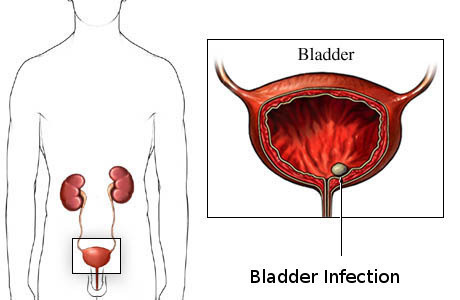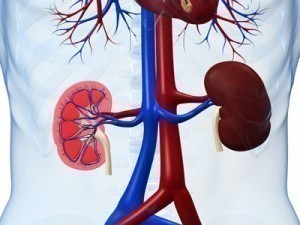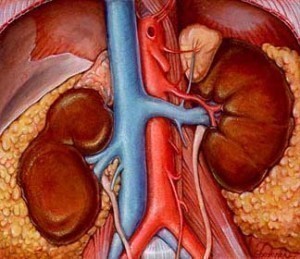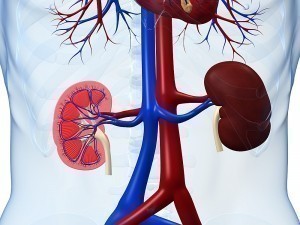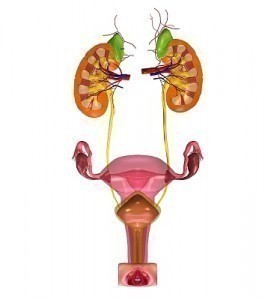What Causes Kidney Failure?
What is the kidney
The kidneys play key roles in the body function, not only by filtering the blood and getting rid of waste products, but also by balancing levels of electrolytes in the body, controlling blood pressure, and stimulating the production of red blood cells.
The kidneys are located in the abdomen toward the back, normally one of each side of the spine. They get their blood supply through the renal arteries directly from the aorta and send blood back to the heart via the renal veins to the vena cava. (The term “renal” is derived from the Latin name for kidney.)
Causes of kidney failure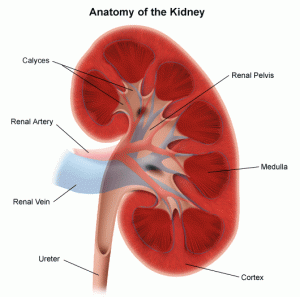
The causes of kidney (renal) disease and failure are numerous and in some instances, not understood. Acute renal failure occurs at any age and if diagnosed and treated early, damage can in many instances, be arrested. In the majority of cases of acute renal failure where treatment is instituted early, the prognosis for full recovery is excellent. Chronic renal failure appears to be more common in geriatric cats than dogs; occasionally, it is documented in exotic species such as rabbits, birds, ferrets, and reptiles, though the causes of renal failure in these species are more poorly appreciated. Damage is usually irreversible, but progression and severity of disease and the quality of life can be temporarily modulated with careful medical and dietary controls.
Acute Renal Failure (ARF)
In veterinary medicine, the most common causes of ARF are:
- Substances toxic to kidneys present in the bloodstream
- Conditions which impede, reduce or completely block blood flow to the kidney, thus reducing the availability of oxygen and nutrients. In this category includes certain drugs, dehydration, hemorrhage, cardiovascular disease, thromboembolic (inappropriate formation of blood clots) disease, anemia and stressors of any type.
- Inflammation or infection involving kidney tissue and swelling due to obstruction of urine or blood flow from the kidney or from trauma to the kidney.
Chronic Renal Failure (CRF)
Chronic renal failure occurs as an insidious, irreversible progression of damage to essential kidney structure which results in reduced function. Causes include:
- Prolonged and unresolved ARF ,
- Prolonged and excessive stimulation of the immune system by any cause in any body system for any reason, resulting in the accumulation of “immune complexes” (antibodies and the substances they bind) in the circulatory system; when blood passes through the kidneys, some of these complexes deposit or “stick” to important kidney structures, seriously damaging these (usually irreversibly), thus diminishing kidney capacity and functions.
- Some common causes of chronic immune stimulation are:
- Persistent dental disease
- Chronic skin infection (bacterial, fungal, viral)
- Chronic allergic dermatitis
- Inflammatory bowel disease, gastroenteritis, pancreatitis (chronic or recurring)
- Hyperadrenocorticism and diabetes.
Additional factors which may contribute to the progression of disease and failure are
- High or Low blood pressure (many causes possible)
- Abnormal electrolyte concentrations (sodium, potassium, chloride, calcium, phosphorus, magnesium)
- Dehydration
- Trauma
- Improper diet: such as acidifying diet, too much phosphorus, sodium, protein or too little potassium
For more information on What Causes Kidney Failure read:

